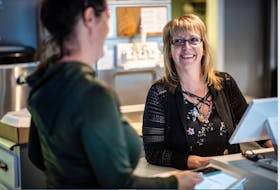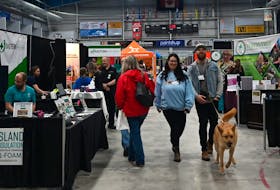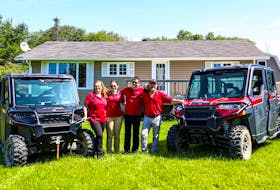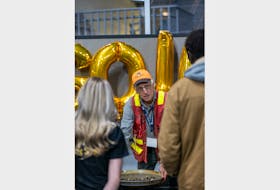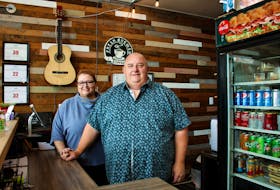If there is a fire in your home, or you have had an accident where somebody is severely injured, you know to dial 9-1-1.
When faced with other serious issues, such as an inability to buy food, or pay bills, a need to find immediate shelter, or even programs to help when you feel isolated, you might not know where to turn. That’s when you should dial 2-1-1.
211 is a new helpline which connects callers with information and referrals after unpacking their unique situation — helping them navigate through the vast array of services that could assist.
Newfoundland 211 outreach Navigator Colton Politte says the list of reasons people could call is incredibly broad, but most recently, callers have inquired about things like needing help accessing government financial supports, such as the Canada Emergency Response Benefit, or help reaching out to their local food bank.
“Due to the pandemic, some people are experiencing food insecurity for the first time and they don’t know where to go for help. We want to remind people that help starts with 211,” he says.
While people might think of 211 for the basics — food, financial assistance, and housing help — Politte says 211 Navigators (the people who answer the calls) have access to a massive database of information on programs and services across a wide range of issues to meet the needs of residents of Newfoundland. Whether somebody needs help finding a women’s shelter, seniors’ supports and social groups, legal help, or LGBTQ- and newcomer-specific services, 2-1-1 is the number to call.
“It could even be several services that the caller ends up getting referred to,” says Politte. “This is what 211 Navigators do — they ask you questions to get to the root of your situation and refer you to resources for each area of need.”
Chief Bryan Larkin, President of the Canadian Association of Chiefs of Police, says he and his members know first-hand the importance of ensuring more people know about 211 as a front door to support.
“Our frontline officers respond to calls for service from the community every day, not related to crime. The stress and anxiety brought on by the pandemic, an inability to feed or house yourself or your family, substance abuse — those are examples of real, difficult situations for people, and when they don’t know where to turn, they often go to the number they know best,” says Larkin. “But we’re hoping increased access to 211, and a better understanding of the service will divert more of those calls to the helpline that can connect people to the support they need.”
Politte says calls can often contain more than one issue or question, especially during the COVID-19 pandemic.
This is why Politte says if you’re not sure whether to call, pick up the phone.
“There’s a decent chance you have an issue somewhere in your life that can be helped by 211,” he says.
For more information, visit 211.ca. And if you need non-emergency help, dial 2-1-1.


